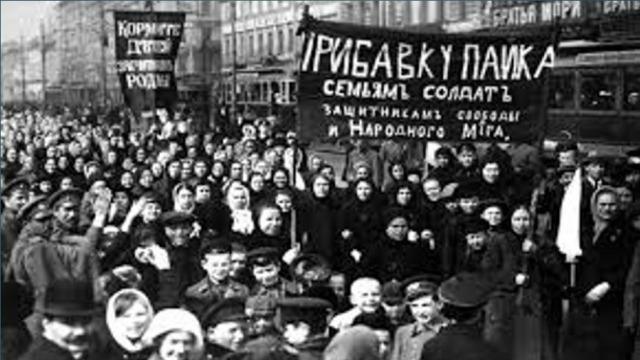
The Thracian Bosporus with Constantinople Divided into Wards. Pierre Gilles, The Antiquities of Constantinople (London 1979).
The rhetoric of global territorial conquest was central to the propaganda of the early Roman Empire. Augustus and his successors frequently presented themselves in Virgilian terms as masters of an “empire without end” (imperium sine fine) bounded only by the impassable waters of Ocean. This was, however, a strained and ultimately fictional discourse. Rome never became anything like a global empire but was limited throughout its history by environmental and military frontiers. This paper will show that the maritime coastline emerged in the Greek literature of the early empire as a privileged space for the exploration of this disconnect between rhetoric and reality. It will focus on Dionysius of Byzantium’s Anaplous of the Bosporus (2nd Cent. C.E.) which depicts the shores of the Thracian Bosporus as spaces shaped by numerous peoples, cultures, and histories that refuse to be flattened by the agglutinative machinery of empire.
Location
Speakers
- Dr Daniel Hanigan, Trinity College, Cambridge
Contact
- Tatiana Bur
File attachments
| Attachment | Size |
|---|---|
| Daniel_Hanigan_Seminar_0.pdf(330.21 KB) | 330.21 KB |